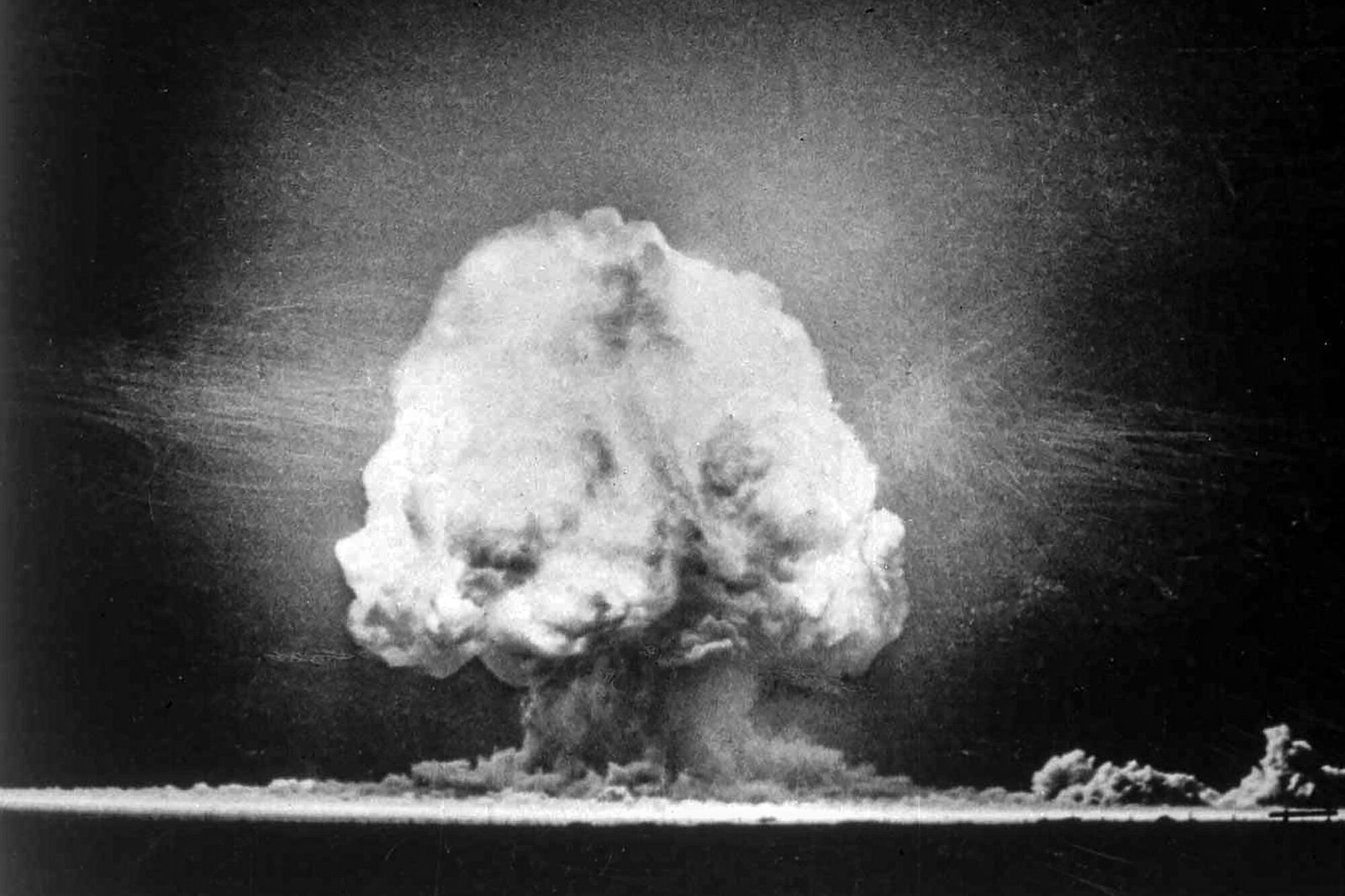In the quiet expanse of the New Mexico desert lies a story seldom told, one that intertwines with the dawn of the atomic age and the devastating consequences it left in its wake. Wesley Burris, now 83, holds memories that transcend time, etched into his consciousness from the moment the world’s first atomic bomb detonated merely 25 miles from his childhood home.
The early hours of July 16, 1945, brought a surreal awakening for Burris and his family as the brilliance of the explosion shattered the tranquility of their desert abode. For young Wesley, the spectacle raised bewildering questions, prompting him to ask if the sun itself had ignited.
Decades later, the magnitude of that event would reveal its true toll. The Trinity test, as it came to be known, unleashed not only a blinding flash but also a silent, insidious threat that permeated the land and its inhabitants. Radioactive fallout, carried aloft by thunderous storms, settled back to earth, contaminating the environment and inflicting invisible wounds upon those unsuspecting souls who called this desert their home.
Burris, like many others, has felt the relentless grasp of radiation’s aftermath. Cancer claimed the life of his brother, while his sister and her daughter battle the same affliction. Wesley himself bears the scars of skin cancer, seeking solace in traditional Native American remedies against a modern scourge.
Yet, amid the silent suffering of New Mexico’s Trinity test survivors, there has been no solace in justice. Tina Cordova, a cancer survivor and advocate, speaks for generations of families left unacknowledged and uncompensated for their sacrifice. Despite efforts to raise awareness and secure recognition, the echoes of their plight seem to dissipate in the winds of indifference.
Christopher Nolan’s “Oppenheimer” offers a glimpse into this obscured chapter of history, yet Cordova believes it falls short of amplifying their voices to the extent necessary. As the film garners acclaim and anticipation for Oscar accolades, she hopes for a moment of acknowledgment, a recognition of the pain endured by those forgotten by time.
The looming expiration of compensation measures adds urgency to their cause, with legislative efforts stalling and bureaucratic apathy casting shadows over their hopes for restitution. The disparity in recognition, evident in the stark contrast between New Mexico and other regions affected by nuclear testing, underscores a glaring injustice that demands rectification.
For Wesley Burris and the countless others whose lives intersected with the Trinity test, the scars run deep, etched not only in flesh but in the fabric of their collective memory. As the world commemorates milestones and celebrates progress, their story stands as a testament to the enduring legacy of the atomic age, a reminder that amidst the brilliance of scientific achievement, the human cost cannot be forgotten.


